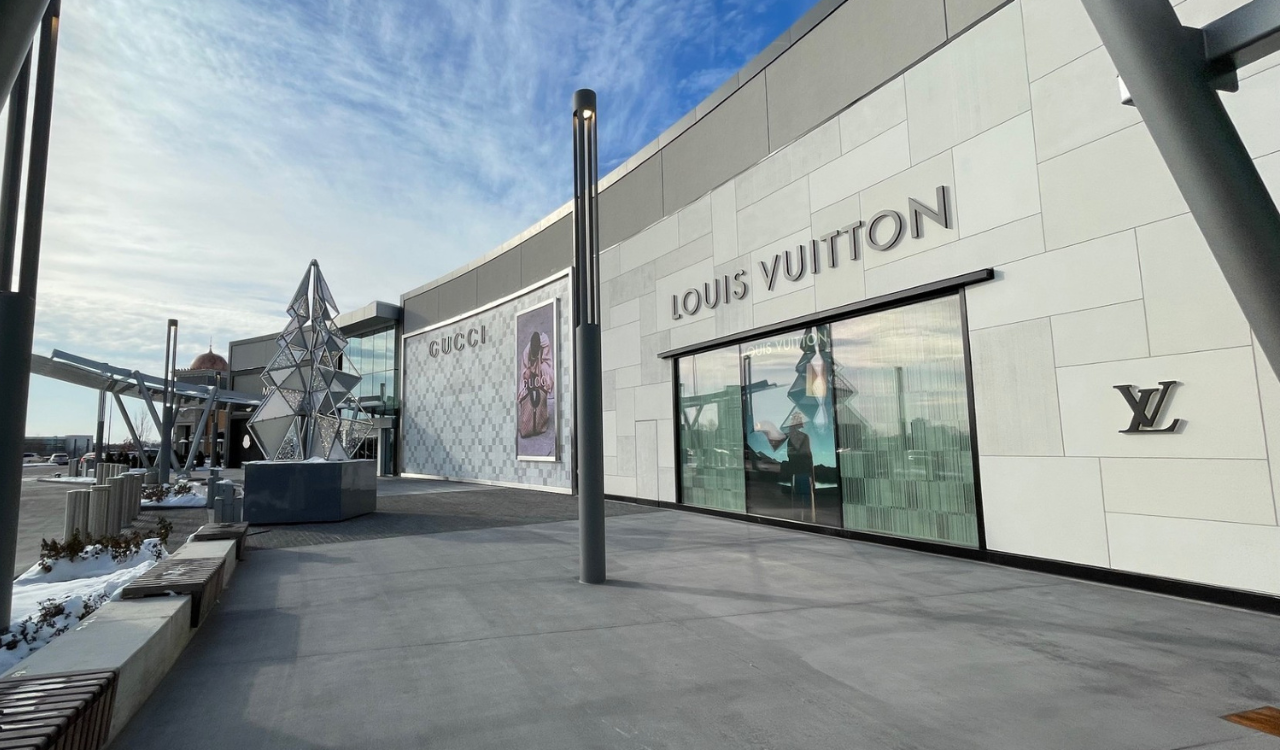Following a 30-plus year career in retailing, I spent 18 years trying to convey the fundamental tenets of the industry to Columbia Business School students as a university professor.
All the data capture and analytics tools cannot perfectly predict the future of customer behavior and the sustainability of a business. Yes, AI is, of course, being heralded as a game changer but it is not imaginable that common sense and good judgment will become techno attributes any time soon.
Yes, some say those who can’t do, teach… I hope I’m not described that way. My courses covered topics that included product development and assortment building, pricing practices and strategies, marketing and presentation techniques, productivity measurements, and the underlying lifeblood of all enterprises, the management of people.
During all my time working in retail and education, there is a vital human feature that I’ve often found absent in people and, alarmingly impossible to teach, notably common sense and good judgment. I’ve consistently held the view that you either possess common sense and good judgment or you don’t. Yes, one can readily describe the importance of common sense and good judgment, but can you teach it? Believe me when I say, I’ve tried.
Plain Talk
My first boss at Abraham and Strauss in the early 1970s while working as a menswear buyer would often say, “After the bean counters and the lawyers have weighed in and greenlit a complex decision you need to make, ask yourself the question, ‘What would your mother think?’” (This, of course, presumed that your mother was a paragon of virtue.) But here’s the rub. Assured that your impending decision is correct, does it in fact represent an outcome that your mother would be proud of you making? Parental pride aside, maybe more importantly, do your customers and other stakeholders understand and support your actions as well?
A Retrospective of Retailing Gone Off the Rails
The retail industry’s garden is planted with a variety of bad decisions that defy common sense and good judgment. To cite just a few:
Stupid, Just Plain Stupid
Circuit City, back in the day, abruptly dismissed all its commissioned sales associates, deeming them to be too expensive. They also abruptly exited the major appliance business around the same time. Customers were suddenly confronted with an unprepared sales force and vacant spaces on the Circuit City selling floors and it looked like the company was going out of business. Which, of course, is exactly what it did.
Hubris Personified
Sears Roebuck & Co., also back in the day, abruptly adopted Everyday Low Pricing having been sold on that strategy by a consultant who believed that EDLP would be so much more profitable than the company’s legacy High/Low practices. That may have made sense intellectually, but the customer immediately balked, and after dropping a king’s ransom in sales volume, the company did a hasty retreat. Was anyone thinking about the customer who just might have no use for a bean counter’s approach to cost effectiveness?
Duh!
More recently, Sears Roebuck & Co. dropped its $300 million cosmetics business because it didn’t like its limited profitability. Unfortunately, the company never contemplated what to do with the space this business occupied as a fashion gateway to its 870 stores. A cardinal rule of traditional retailing: Never treat high-profile signature real estate in your stores as if it is unimportant.
Locked In
Not too many years ago, Walmart decided to avoid possible the expense of supervising maintenance crews in its non-24-hour stores and padlocked them into the stores’ doors at night. This was a really dumb practice which of course, when revealed, had to be eliminated. What was the leadership of the company thinking? Obviously, someone on high at Walmart thought this was a great way to save some money, but treating maintenance crews like convicts?
Hindsight Is Twenty-Twenty, But…
Back in the day, Federated, May Company and Macy’s dropped all sorts of home and consumer electronics businesses assuming the more margin-rich apparel and accessories business would always carry the day. Yet another example of bad judgment and a striking lack of common sense. And then, to further compound matters Federated/Macys let hundreds of its stores become increasingly shabby because the company didn’t like the ROI burden that regular renovation expenses posed. Did they really think that customers wouldn’t notice what was happening? Physical stores became dark, dirty and outmoded regardless of their ability to conform to an ROI investment model.
Unintended Consequences
Then there was the case of Target granting an HVAC contractor access to its corporate systems platform. Target’s systems which were eventually hacked resulted in hundreds of thousands of Target credit card customers who had their personal information stolen. This lapse in retail leadership, common sense, and good judgment arguably cost Target over $1 billion in data protection for customers to say nothing of the reputational damage this caused.
Nothing in the History of Retailing Compares to This
In the mother of all lapses of common sense and good judgment, JC Penney, supported by two financial geniuses and led by a truly delusional CEO, all but went belly up as a $20 billion company tried to abruptly and radically reinvent itself without a scintilla of common sense or good judgment in evidence. Promotions were dropped wholesale as were billion-dollar private label programs, replaced by new brands that JC Penney customers had no cognition of or interest in. The company dropped $3.2 billion in volume in just 13 months and to date has yet to recover from this interlude.
The Past as Prelude
I could go on and on. I think my examples more than speak for themselves. And here are just a few examples of today’s foolishness.
- Starbucks has created tens of thousands of customized beverage choices and expects its Baristas to maintain a reasonable modicum of customer service.
- Saks has turned a flagship location in San Francisco into an “appointment only” store.
- And now Saks parent, HBC, has moved to acquire competitor Neiman Marcus for $2.4 billion while at the same time failing to pay its vendors on time.
Back to Basics
I tried hard, but in the hard light of day, I failed to find a way to teach common sense and good judgment in retail leadership. Yes, there were plenty of examples (good and bad) and case studies, but I don’t think these are “teachable” subjects. Are they possibly among the most important skills retailers need to run a successful and sustainable business? The answer is an emphatic yes. All the data capture and analytics tools cannot perfectly predict the future of customer behavior and the sustainability of a business. Yes, AI is, of course, being heralded as a game changer but it is unimaginable that common sense and good judgment will become techno attributes any time soon.




